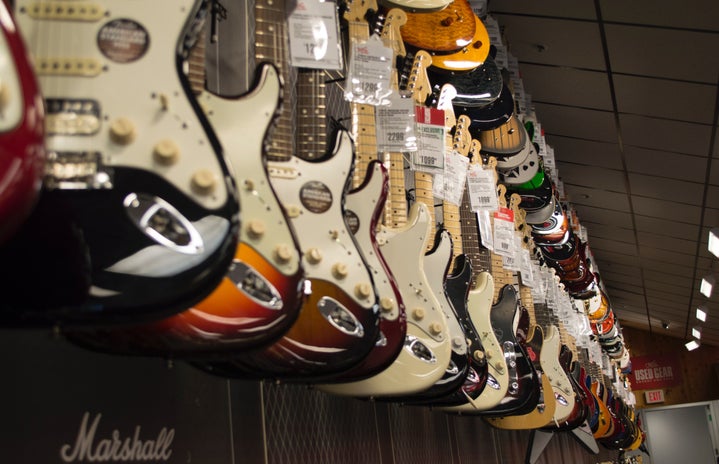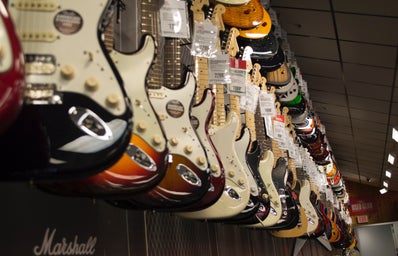2019, or how it should be known as ‘The Melting Pot of Inequality’. The United States claims to be a melting pot of people from different cultures, from different backgrounds and as a nation we are supposedly the glue that bonds and mixes all citizens together in a way that suggests equality. But, unfortunately, that is far from true. Although 2019 is young, racism, police brutality, homophobia, drug addiction, and violence against women are still issues that are causing the ‘bond’ in our society to decay. As a citizen, along with others, of the United States and being a Criminology major I think about our erratic government and all the people that are dying from hate crimes, addiction and sexual violence. I don’t understand why these topics are issues that we us a country struggle with because the importance of other human’s lives should prevail all political opinions, especially when innocent lives are being lost over things that could be prevented. All of this is the zeitgeist of the United States in 2019.
To understand the state of the country today, the song Junky by the boy band Brockhampton covers topics such as the struggles gay black men face, drug addiction, family problems, and sexual assault. The rap group is composed of thirteen guys from Texas that met in a Kanye West fan group chat. Though it seems that the group has an excessive number of members, not all rap on the songs; some rap, some produce the beats, and some produce the music videos. Society pictures boy bands as young white boys singing pop songs about love and partying, but Brockhampton’s framework is different. Their goals are to not only change how society perceives boybands and what they should look/sound like, but also educates listeners about serious issues that no boy band seems to cover, such as their songs Junky and Fight.
One of the most prominent verses in Junky opens with the band leader Kevin Abstract’s gruff tone and discrete jumpy music. Very soon he jumps into his main topic of his verse saying “I told my mom I was gay, why the fuck she ain’t listen/I signed a pub deal and her opinion fucking disappearin’” telling us listeners that his mother didn’t want to accept that her son was gay until he started making money. But the distaste towards Abstract’s, and black men in general, sexuality doesn’t stop with just his mother. He addresses that he often hooks up “with straight niggas/You know like closet niggas, masc-type” showing that he’s not the only black man that is discriminated against for their sexuality. In society people from black and brown communities are at higher risk of inequality and social exclusion so black men are very hesitant to come out because they’re already discriminated against for their race, let alone their sexuality. Abstract is constantly asked by listeners about why he always raps about being gay and his response is powerful, saying “‘Cause not enough niggas rappin’ be gay” which is true when you think about it. Not many rappers, especially black rappers, claim that they are homosexual, especially if they have a vast audience that listens to their music, but Abstract uses his platform to broadcast that he is gay and that it’s okay instead of hiding who he really is to please others. Him coming out on such a large manifesto is fearless because where he comes from “niggas get called ‘faggot and killed” but instead of hiding in fear from his neighbors he makes a stand saying “So I’ma get head from a nigga right here/ And they can come and cut my hand off/ And my legs off”. Kevin Abstract shines light on the oppression black men face by not only being black, but also being gay, and tells us that he will fearlessly be who is meant to be, no matter what others think or do.
Ameer Van, Meryln Wood and Matt Champion’s verses match Kevin Abstract’s intensity covering topics such as drug addiction, family problems, and sexual violence. The song Junky holds rare themes that many other rap songs today don’t hold. The band is using their platform in a positive way because if listeners listen closely to their lyrics and put the energetic beat aside, its meanings and the issues they cover are compelling and very much relevant to today. I believe that everyone in the US should not only listen to this song but apply the lyrics to today’s social concerns and hopefully it will open their eyes to the inequality and pain that even famous rappers face.


